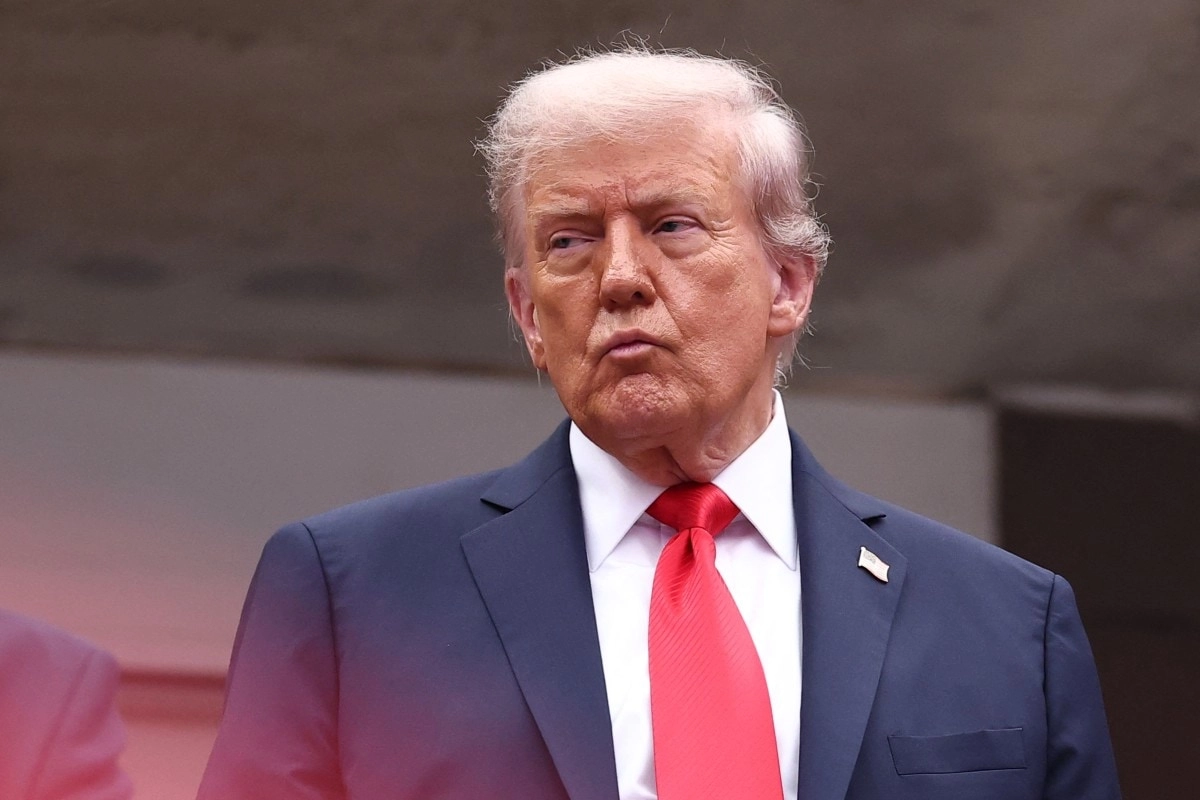Former President Donald Trump recently made headlines by commenting on the significant tariffs imposed by India, which he described as a “big deal.” The tariffs, which reportedly stand at around 50%, have led to strained relations between the United States and India, two nations that have historically enjoyed a partnership based on mutual interests and shared democratic values. Trump’s remarks highlight the complexities of international trade and the impact of tariffs on diplomatic relations, particularly when they are set at such high levels.
The imposition of these tariffs has created a rift between India and the United States, potentially affecting various sectors, including technology, agriculture, and manufacturing. Tariffs can serve as a barrier to trade, making it more expensive for American companies to sell their goods in India, which may lead to retaliatory measures and further escalate tensions. This situation reflects broader global trade dynamics, where countries are increasingly adopting protectionist measures that can disrupt established economic relationships.
Trump’s comments emphasize the importance of dialogue and negotiation in addressing trade disputes. While tariffs can be used as a tool to protect domestic industries, they can also alienate allies and create friction in international relations. The U.S. and India must navigate these challenges carefully, as both nations benefit from collaboration in areas such as defense, technology, and counterterrorism. The future of U.S.-India relations will likely depend on their ability to address these tariff issues while maintaining open lines of communication and fostering mutual understanding.
In conclusion, Trump’s statement about India’s 50% tariffs underscores the potential consequences of trade policies on international relationships. As both nations work to resolve these tensions, it is crucial for them to find common ground that allows for fair trade practices without jeopardizing their longstanding partnership. The evolving landscape of global trade requires continuous engagement and diplomatic efforts to ensure that economic cooperation thrives, benefiting both countries in the long run.




